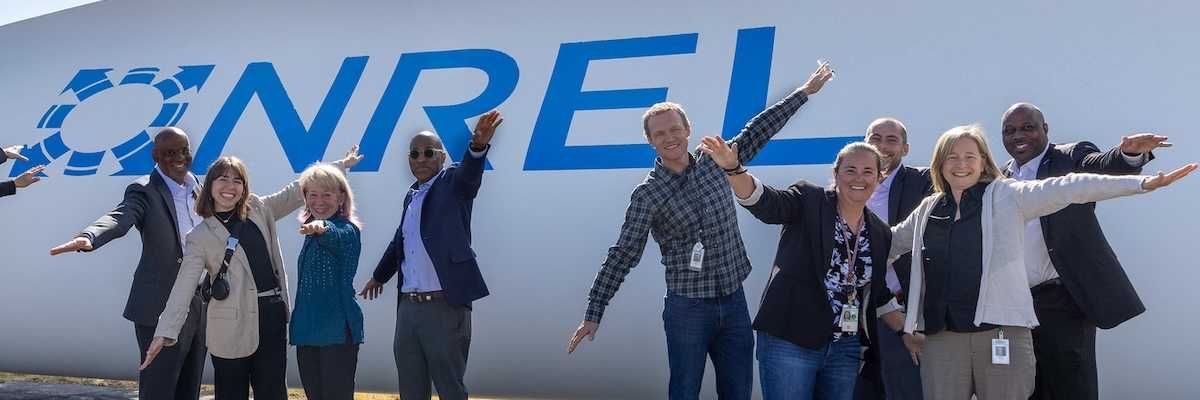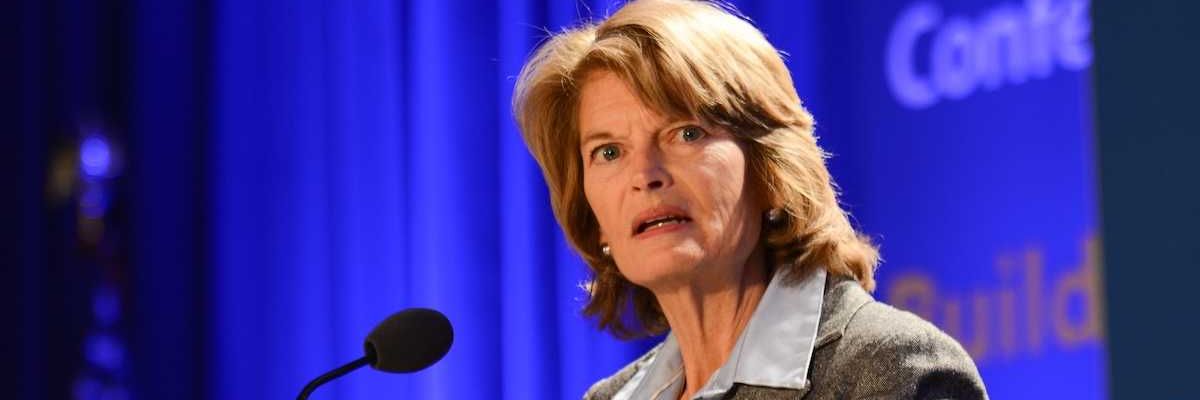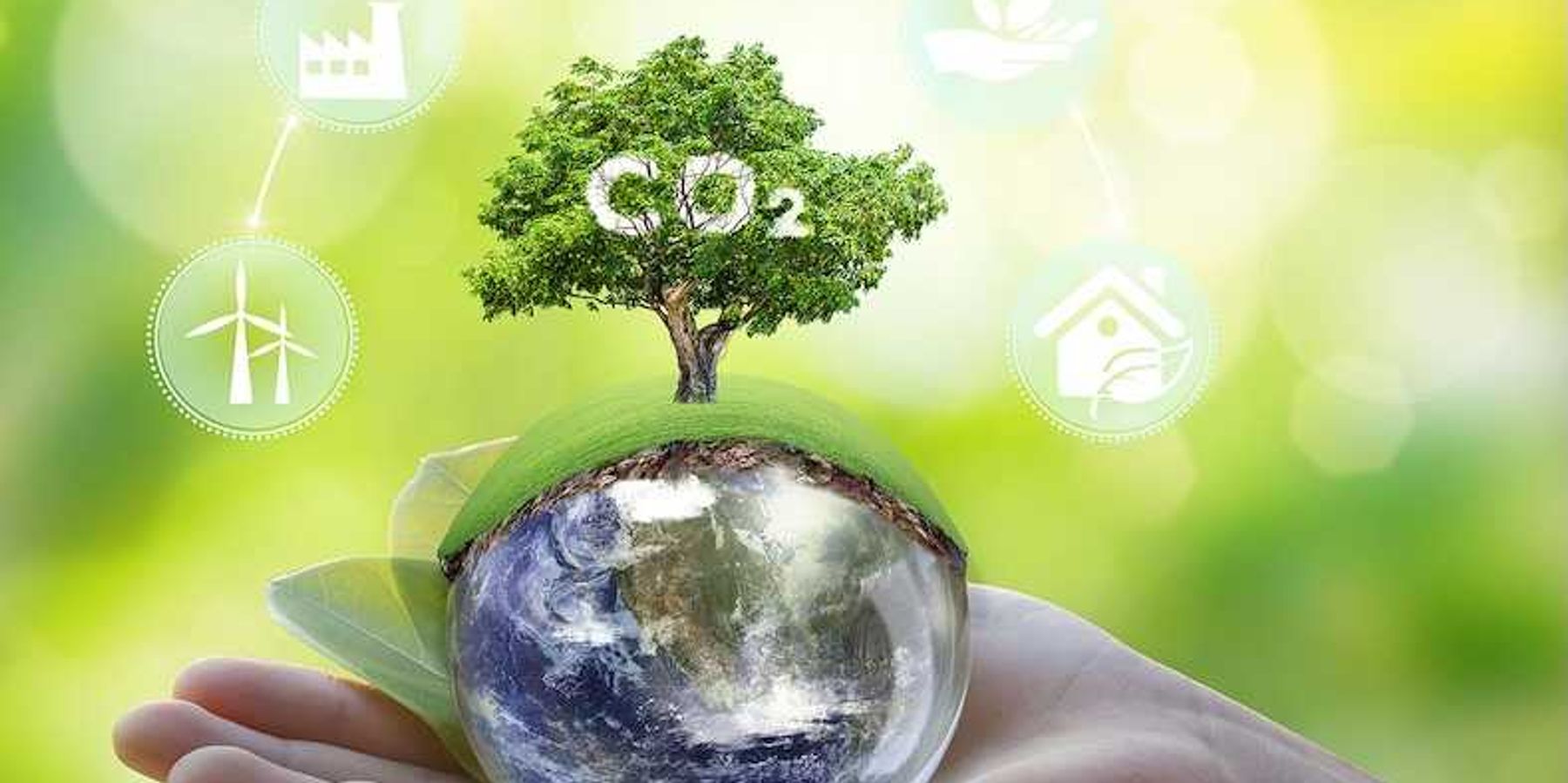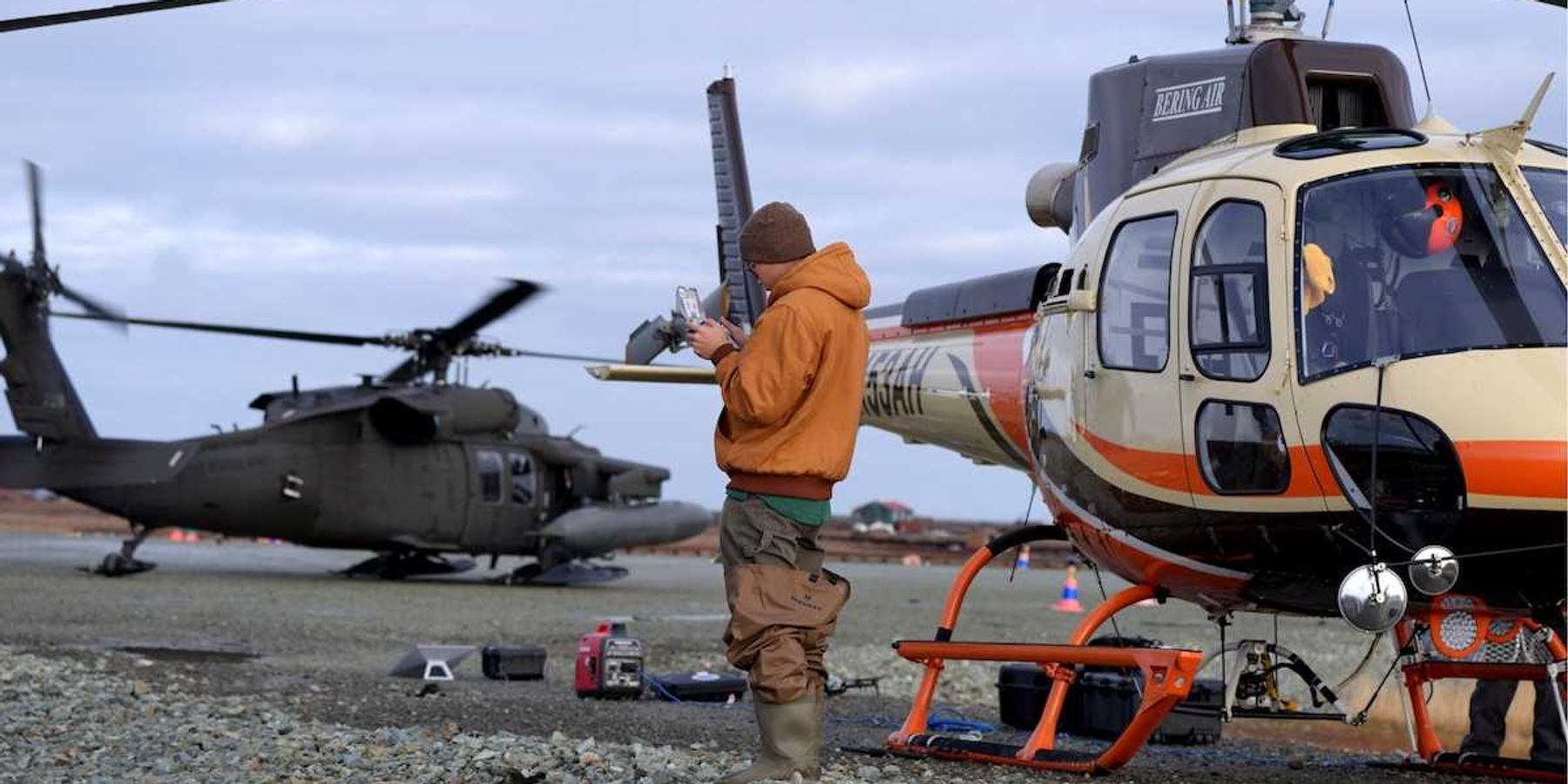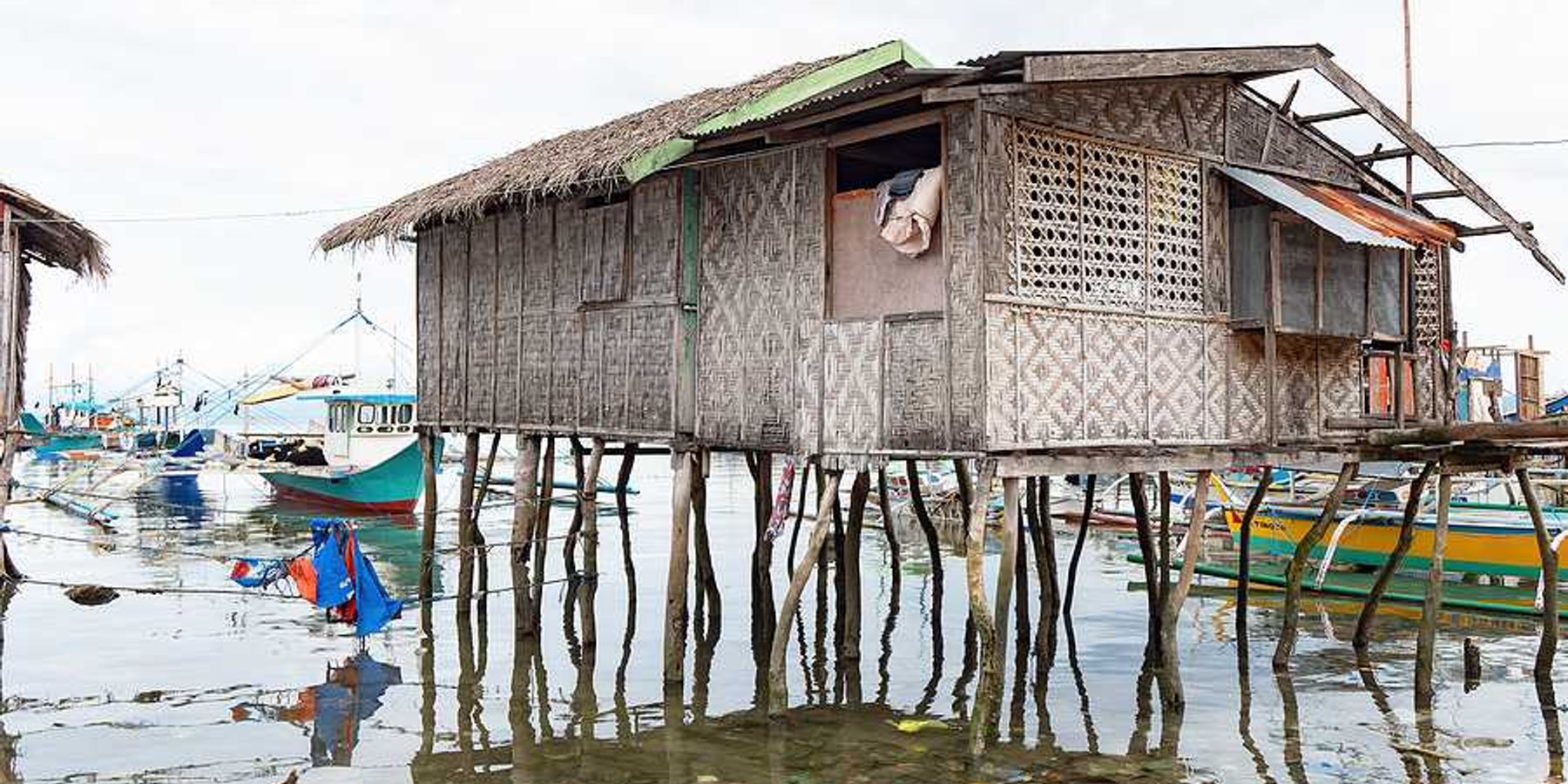nasa
NASA mission aims to freeze glaciers in place to prevent catastrophic sea-level rise
NASA's $1.5 billion NISAR satellite, launching soon, will monitor Earth's glaciers and could support interventions to halt their disintegration, crucial for coastal regions.
In short:
- The NISAR satellite, a collaboration between NASA and the Indian Space Research Organisation, will provide detailed images of the cryosphere every 12 days.
- Glaciologists are exploring technological interventions, such as freezing glaciers in place, to slow down ice loss and mitigate sea-level rise.
- The loss of the Thwaites Glacier could significantly impact global sea levels, posing a threat to coastal cities and low-lying areas worldwide.
Key quote:
"I’m not going to be satisfied simply documenting the demise of these environments that I care about."
— Brent Minchew, glaciologist at MIT
Why this matters:
Preventing glacier disintegration is vital to avoid dramatic sea-level rise that could displace millions and cause widespread ecological and economic damage. Interventions like those proposed offer potential solutions to manage this risk proactively.
Cork's rise as a sustainable alternative in various industries
Cork, known for sealing wine bottles, is now revolutionizing industries as a sustainable material, offering environmental benefits and diverse applications.
In short:
- Cork harvesting in Portugal, a centuries-old practice, is gaining attention for its sustainability and carbon-negative properties.
- Beyond bottle stoppers, cork is now used in clothing, electric car insulation, and even NASA spacecraft, thanks to its unique qualities like fire resistance and durability.
- The cork industry says it not only supports local economies but also plays a crucial role in preserving biodiversity and mitigating climate change impacts.
Key quote:
“Compared with materials like polyurethane foam [used for thermal insulation], products made with cork require less energy and produce less CO2 emissions.”
— Rui Novais, a materials expert at the University of Aveiro in Portugal
Why this matters:
Cork's resurgence demonstrates how traditional, sustainable practices can be integrated into modern industries, reducing our reliance on fossil fuels.
The building and construction sector is booming—and it's costing the planet.
Banished to a remote Idaho valley, beavers created a lush wetland
Beavers relocated to a remote Idaho valley have transformed the landscape into a lush wetland and a haven against fire and drought, satellite imagery shows.
‘We are damned fools’: Scientist who sounded climate alarm in 80s warns of worse to come
The world is shifting towards a superheated climate not seen in the past 1m years, prior to human existence, because “we are damned fools” for not acting upon warnings over the climate crisis, according to James Hansen, the US scientist who alerted the world to the greenhouse effect in the 1980s.
NASA and Boeing will build a new X-plane, the X-66A, to fight aviation greenhouse gas emissions
The new X-plane isn’t built to break speed barriers, carry astronauts, or test the possibilities of unmanned air combat. This one is designed to fight climate change.
Global warming driving more extreme droughts, floods, NASA data shows
Twenty years of NASA's global satellite data show just how much the extent, duration and severity of extreme droughts and floods have risen alongside warming global temperatures, a new study reveals.

